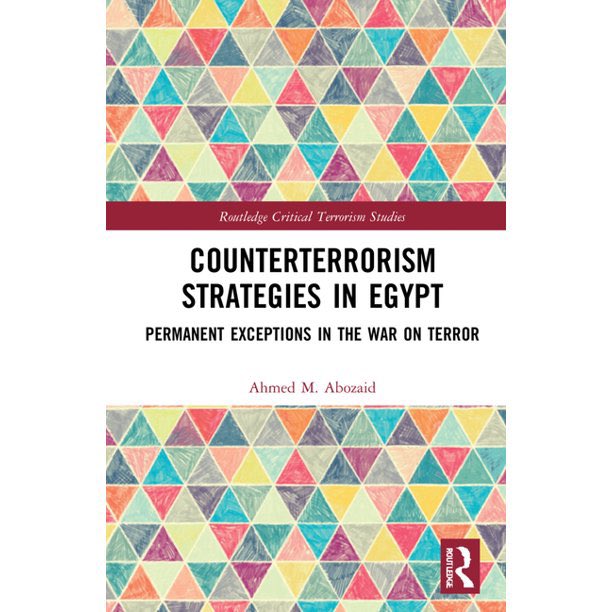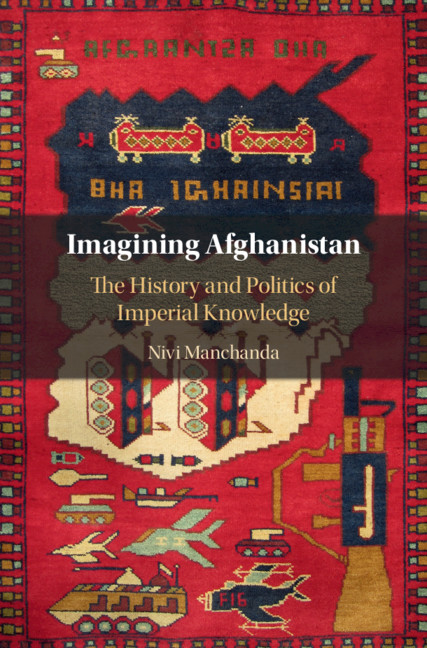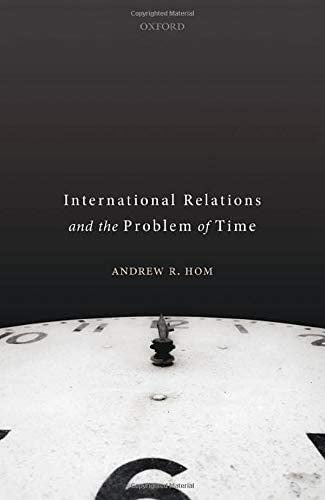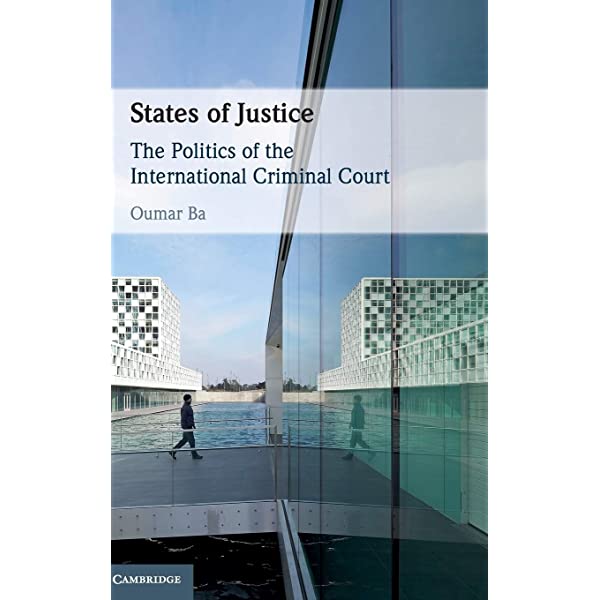
As colleagues are preparing their syllabi for the new semester, I want to start a thread sharing polisci books published during the pandemic (especially by early career scholars) to help promote them. If you can help, DM me the title of your book and I’ll add it to the thread 1/
Also please indicate if you’d be willing to hop on a zoom meeting to discuss it with the class when assigned. We open the thread with Counterterrorism Strategies in #Egypt by Ahmed M. Abozaid (@AbozaidahmedM) 2/ 

The next nomination we got is for Nivi Manchanda's Imagining Afghanistan: The History and Politics of Imperial Knowledge Production. #ImaginingAfghanistan would make a great read in IR, Postcolonial Studies, critical theory and more 3/ (keep them coming!) 

Next in the line-up: "Rethinking the Body in Global Politics: Bodies, Body Politics, and The Body Politic in a Time of Pandemic" by Kandida Purnell. This can be assigned re Global War on Terror, bodies/embodiment, visual politics, biopolitics, necropolitics, and affect/emotion 4/ 

Next up is "Reconsidering Reparations" by Olúfẹ́mi O. Táíwò (@OlufemiOTaiwo). From the book page description, "this project has wide implications for our views of justice, racism, the legacy of colonialism, and climate change policy." So, assign widely! 5/ 

If you are teaching a course on Development, Migration, African Politics, or on the politics Diaspora, consider
Robtel Neajai Pailey (@RobtelNeajai)'s "Development, (Dual) Citizenship and Its Discontents in Africa: The Political Economy of Belonging to Liberia" 6/
Robtel Neajai Pailey (@RobtelNeajai)'s "Development, (Dual) Citizenship and Its Discontents in Africa: The Political Economy of Belonging to Liberia" 6/

Next up is a title by my incoming @wfupol colleague Risa Toha. “Rioting for Representation: Local Ethnic Mobilization in Democratizing Countries” is great to assign in any course on comparative politics in general, #GlobalSouth politics, democracy, ethnic mobilization etc 7/ 

Next we have “The Picky Eagle: How Democracy and Xenophobia Limited U.S. Territorial Expansion” by Richard Maass @richardmaass (who is happy to do a zoom book chat). The book would be great to assign in courses dealing w/ historical IR, foreign policymaking, expansions, etc. 8/ 

Good morning #AcademicTwitter, first in our thread today “International Relations and the Problem of Time” by Andrew R. Hom (@TheRealistHom) 📕 ⏰. Andy is keen on doing a zoom book chat. The book is great to assign in any IR course. Thanks to all helping us spread the word! 9/ 

Next up is Erin Pineda (@erinrpineda) ’s “Seeing Like an Activist: Civil Disobedience and the Civil Rights Movement” which shows how civil rights activists, in concert with anticolonial movements across the globe, turned to civil disobedience as a practice of decolonization. 10/ 

Next up is William Bain (@williambain67)’s “Political Theology of International Order” -#PoliticalTheology would be great to assign in courses covering international order, historical IR, int’l political thought etc. William is available to discuss the book via zoom as needed 11/ 

If you're teaching a course on International criminal justice, International Law, Race-justice-IR nexus, you'd be interested in "States of Justice: The Politics of the International Criminal Court" by Oumar Ba (@OumarKBa). Oumar is happy to discuss #StatesofJustice via zoom. 12/ 

Next up is "Governing for Revolution: Social Transformation in Civil War" by Megan A. Stewart (@Megan_A_Stewart). #GoverningforRevolution would be great for a variety of courses including Comparative Politics (deep case study of #China's CCP), historical IR and mixed methods. 13/ 

If you're teaching environmental political thought, collective action, natural resource management, please consider "The Uncommon Knowledge of Elinor Ostrom: Essential Lessons for Collective Action" by Erik Nordman (@ErikNordman). Erik is happy to discuss the book via zoom. 14/ 

Next is "Who Matters at the World Bank? Bureaucrats, Policy Change, and Public Sector Governance" by Kim Moloney (@Global_Academic). It would be great for a class on public administration, public/global policy, public sector governance, + #WorldBank. Kim is happy to zoom in 15/ 

We have 1 more nomination for tonight and we pick back up tmrw. "Protecting #China's Interests Overseas: Securitization and Foreign Policy" by Andrea Ghiselli (@AGhiselliChina). It can be assigned in a variety of FP, IR, Security, China-focused courses. 16/ (Send us more titles!) 

Hi #AcademicChatter, we pick up w/ our recommendations. We open today's list with Michelle Jurkovich (@M_Jurkovich)'s "Feeding the Hungry. Advocacy and Blame in the Global Fight against Hunger." #FeedingtheHungry would be great re transnational advocacy, Int'l organizations. 17/ 

We continue with our list with Kelly Bauer (@__queli)'s "Negotiating Autonomy. Mapuche Territorial Demands and Chilean Land Policy". #NegotiatingAutonomy would be great to assign in any Comparative Politics course, Indigenous politics, comparative politics, and social policy 18/ 

Next up is "#China's Rise in the Global South
The Middle East, #Africa, and Beijing's Alternative World Order" by @DawnMurphyChina who is happy to zoom in or meet in person if in DC. The book would be great to assign in courses on #China-#GlobalSouth, FP, rising powers, etc. 19/
The Middle East, #Africa, and Beijing's Alternative World Order" by @DawnMurphyChina who is happy to zoom in or meet in person if in DC. The book would be great to assign in courses on #China-#GlobalSouth, FP, rising powers, etc. 19/

Next we have "Constituting the Political Economy of the Kurds Social Embeddedness, Hegemony, and Identity" by Omer Tekdemir (@omertekkdemir). The book would be great to assign in courses tackling nationalism, populism, identity politics, and so on. 20/ 

If you are teaching a course on International Institutions/Organizations and want to assign a novel angle, please consider "The Origins of Informality. Why the Legal Foundations of Global Governance are Shifting, and Why It Matters" by Charles B. Roger (@charlesbroger). 21/ 

Next up is "Discrimination and Delegation. Explaining State Responses to Refugees" by Lamis Elmy Abdelaaty @LAbdelaaty. The book would be great to assign in courses on UN refugee institutions, asylum policymaking in the #GlobalSouth. It contains 3 case studies: 🇪🇬, 🇹🇷, + 🇰🇪 22/ 

"Citizenship After Trump: Democracy versus Authoritarianism in a Post-Pandemic Era" by Bradley Klein (@BradleySKlein) and Scott Nelson explores the meaning of community in the context of political polarization, far-right nationalism + deepening divisions during the pandemic" 23 

Next up is "Ideology and Mass Killing The Radicalized Security Politics of Genocides and Deadly Atrocities" by Jonathan Leader Maynard (@jleadermaynard) who is happy to zoom in for a book chat. The book offers a dedicated comparative theory of ideology's role in mass killing. 24/ 

• • •
Missing some Tweet in this thread? You can try to
force a refresh








